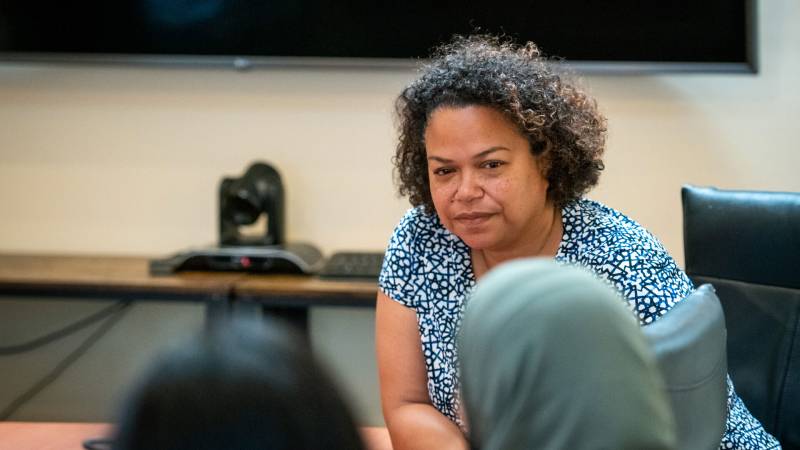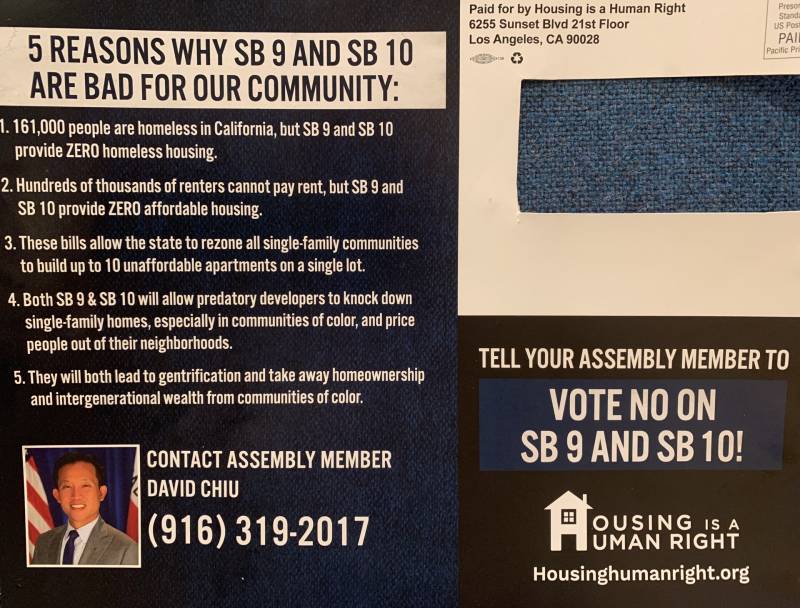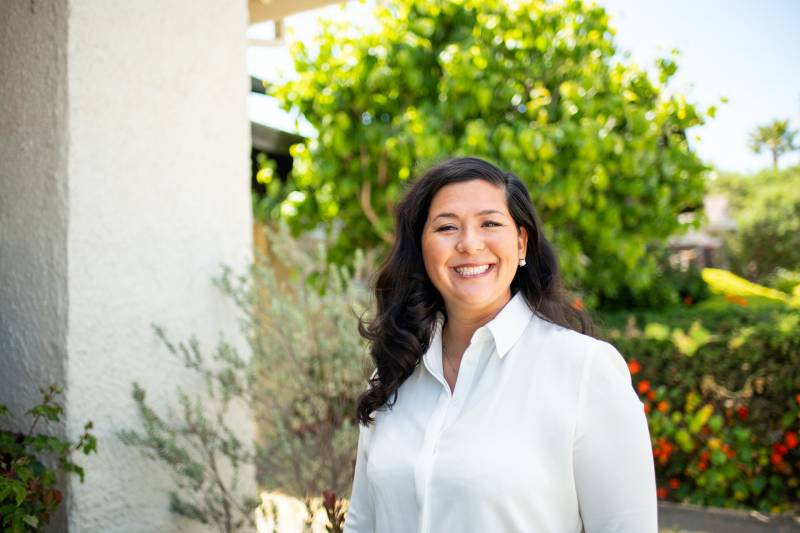Candidates jousting in a special election to represent Oakland, Alameda and San Leandro in the state Assembly could provide key votes later this year on contentious housing proposals currently moving through the California Legislature.
The leading contenders in the 18th District, Democrats Mia Bonta, Janani Ramachandran and Malia Vella, have all vowed to prioritize solutions to the state and regional housing crisis if they emerge victorious in a June 29 special election or a potential Aug. 31 runoff.
But their contrasting approaches on the issue of housing can be seen in their stances on Senate Bills 9 and 10, two proposals aimed at making it easier to build duplexes and small apartment buildings across the state. The bills have reignited familiar debates over how or whether to maintain local decision-making and prioritize low-income housing in the quest to add units to California’s lagging supply.
“These bills have received quite a bit of pushback, especially from other regions in the state and I think it’s really important that the Bay Area continues to show leadership on working on these issues,” said Sidharth Kapur, a member of YIMBY Action East Bay, a group advocating for greater housing supply.
SB 9 would allow the development of up to two duplexes without local reviews or hearings, in neighborhoods in most cities that are currently zoned for single-family homes.



